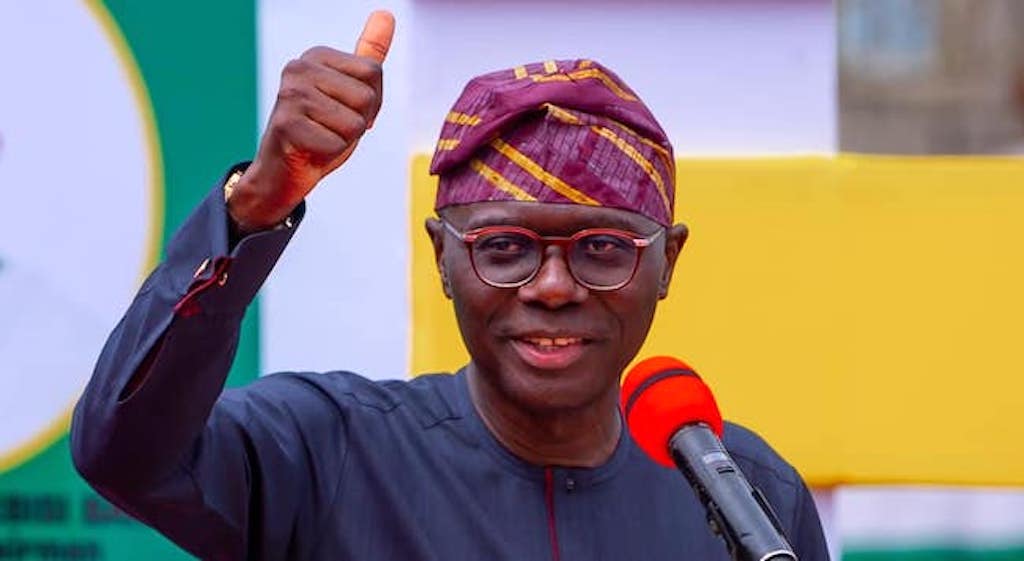Business
Nigeria’s External Reserves Rise to $40.920 Billion Amid Eurobond Boost

- Nigeria’s External Reserves Grow Significantly
- Growth Shows Nigeria’s Proactive Measure in Managing External Reserves
- Despite Growth FX Remains Unstable
Nigeria’s external reserves have recorded a notable increase, climbing to $40.920 billion as of January 6, 2025, from $40.292 billion reported on December 2, 2024.
This growth of $628 million within a month highlights the effectiveness of government strategies in stabilizing the nation’s foreign exchange reserves, even amidst significant economic challenges.
- EDITOR’s PICK
- Alli-Balogun Warns Lagos Teachers to Put End to Mass Promotion
- Opposition Slams FG Over N55bn Allocation For Presidential Jet Maintenance
- Kanu Demands Change Of Judge, Rejects Trial Resumption
Data obtained from the Central Bank of Nigeria (CBN) reveal that the uptick in reserves coincided with the government’s successful $2.2 billion Eurobond auction held on December 2, 2024. Proceeds from this bond issuance have provided a much-needed financial buffer, contributing to the country’s ability to address fiscal pressures while shoring up its external reserves.
The increase in reserves reflects Nigeria’s resilience and proactive measures in managing its foreign exchange position.
With economic pressures both domestically and globally, maintaining a stable reserve level is critical to safeguarding the economy from external shocks, managing exchange rate volatility, and ensuring the smooth functioning of trade and investment flows.
The Eurobond auction marks a pivotal step in the government’s efforts to address the widening fiscal deficit.
By raising $2.2 billion in December 2024, Nigeria has demonstrated its ability to tap into international financial markets, leveraging investor confidence in the country’s long-term economic potential.
The funds have not only bolstered external reserves but also provided a critical financial cushion to support economic stability.
While the growth in reserves is a positive development, Nigeria continues to face challenges in its foreign exchange market.
On Tuesday, January 7, 2025, the official exchange rate stood at N1,537.03 per dollar, reflecting some fluctuation.
However, the parallel market, often referred to as the black market, maintained a relatively stable rate of N1,665 per dollar.
This divergence underscores the persistent gap between official and unofficial market rates, a challenge the government aims to address through ongoing reforms.
The rise in external reserves comes at a crucial time for Nigeria, as it seeks to balance economic growth, fiscal responsibility, and exchange rate management.
Experts have emphasized the importance of leveraging this reserve growth to sustain confidence in the economy while continuing efforts to diversify revenue sources and reduce over-reliance on debt financing.
In conclusion, Nigeria’s external reserve growth to $40.920 billion underscores the impact of strategic economic measures, particularly the timely Eurobond issuance.
- FURTHER READING
- Tinubu Returns to Abuja After Holidays and Ghana Visit
- Politics2027 Power Play Begins as Elrufai, Atiku Allies Meet SDP Leadership
- TechTop Tech Gadgets Nigerians Want in 2025
As the government navigates fiscal and monetary policy challenges, maintaining this momentum will be vital to ensuring long-term economic stability and resilience.
Click Here For Video of The Week
Advertise or Publish a Story on EkoHot Blog:
Kindly contact us at [email protected]. Breaking stories should be sent to the above email and substantiated with pictorial evidence.
Citizen journalists will receive a token as data incentive.
Call or Whatsapp: 0803 561 7233, 0703 414 5611

















